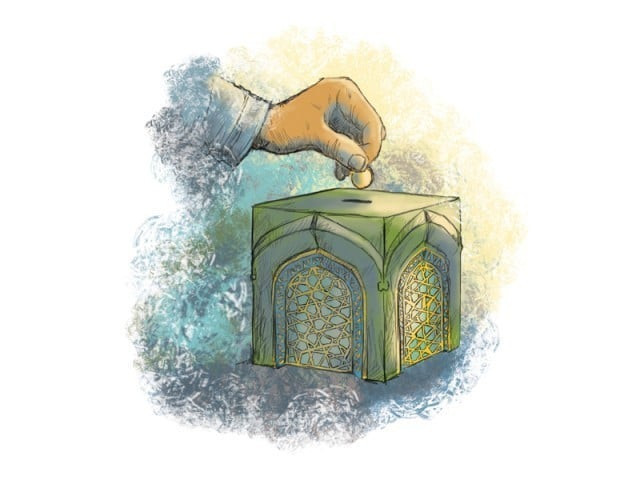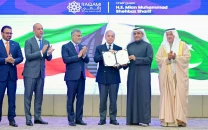Commerce and Trade: Know your Shariah
Many Muslims overlook the finer points of Islamic law.

Furthermore, Shariah requires that its adherents protect and preserve their wealth and property. Thus, it is prohibited to deal in interest in order to ensure justice prevails; it is prohibited to enter into contracts that are not clear in their terms and conditions; and it is prohibited to excessively speculate and gamble.
There are a number of things which Shariah requires adherence to, because doing so will be in the best interests of the weaker party to a transaction. For example, it is prohibited to exchange a fungible item, like gold, in unequal quantities. Many women buy new jewellery by trading in older pieces. For example, a woman may end up exchanging a 2.5 tolas bangle for another bangle of a newer design that weighs only 2 tolas. This is quite a ubiquitous practice. Shariah guidelines in such a case are simple: if a jewellery item is weighed and sold as gold, then its exchange in unequal quantities equates to the dealing in interest.
The correct way of dealing in exchange of gold or silver jewellery under the Shariah is as follows: the jeweller must first buy the old item from the customer for an agreed price, and issue a purchase receipt specifying the price and weight of gold, and its quality in terms of karats; the jeweller should then sell the new item, and issue another receipt specifying price, weight and quality of the gold, and charges for making and design etc. It is permissible in Shariah to offset prices, by one party paying only the price differential.
Similarly, many commodity traders enter into barter deals by exchanging less of a high quality commodity with more of a lower quality commodity of the same genre: for example, one tonne of a higher-grade basmati rice with more than a tonne of a lower-grade basmati rice. This is clearly prohibited in the Prophetic tradition.
This principle has great implications for the exchange of commodities, and even money. Following this principle, it is not permissible for someone who lends fresh rice at the time of harvest – as new rice is considered less valuable than old and mature rice – to contractually receive a lower amount of old rice at the end of a crop cycle.
Similarly, in an inflationary environment, a lender cannot require a borrower to pay him the principal sum and an additional amount equivalent to inflation rate at the end of the loan period, because the value of money has deteriorated. Doing so is a clear violation of the principle of prohibition of interest.
It is also a common practice to stipulate a penalty clause in loan contracts, requiring a defaulting borrower to pay an additional amount for a delay in payment. This is an unmistakable violation of Quranic guidelines that prohibit such penalties.
In the contemporary debt-based financing system, however, such penalties are now accepted by jurists if they are intended to curb the moral hazard problem – that is, a wilful default – as long as the penalty is given away in charity to a third party.
Although it is permissible to trade in different currencies, it must be observed that Shariah allows exchange of one currency for another one only on a spot basis. Therefore, it is not permissible for someone to pay Rs100,000 today, to receive $1,400 after one month.
In conclusion, it is important that Muslims who follow the Shariah comply with its requirements in social and commercial matters; in order that their lifestyle is commensurate with Islamic doctrines. Doing so will help establish commercial justice – something missing in a country like Pakistan – and pave the way for a better society.
THE WRITER IS AN ECONOMIST AND PHD FROM CAMBRIDGE UNIVERSITY
Published in The Express Tribune, April 30th, 2012.



















COMMENTS
Comments are moderated and generally will be posted if they are on-topic and not abusive.
For more information, please see our Comments FAQ